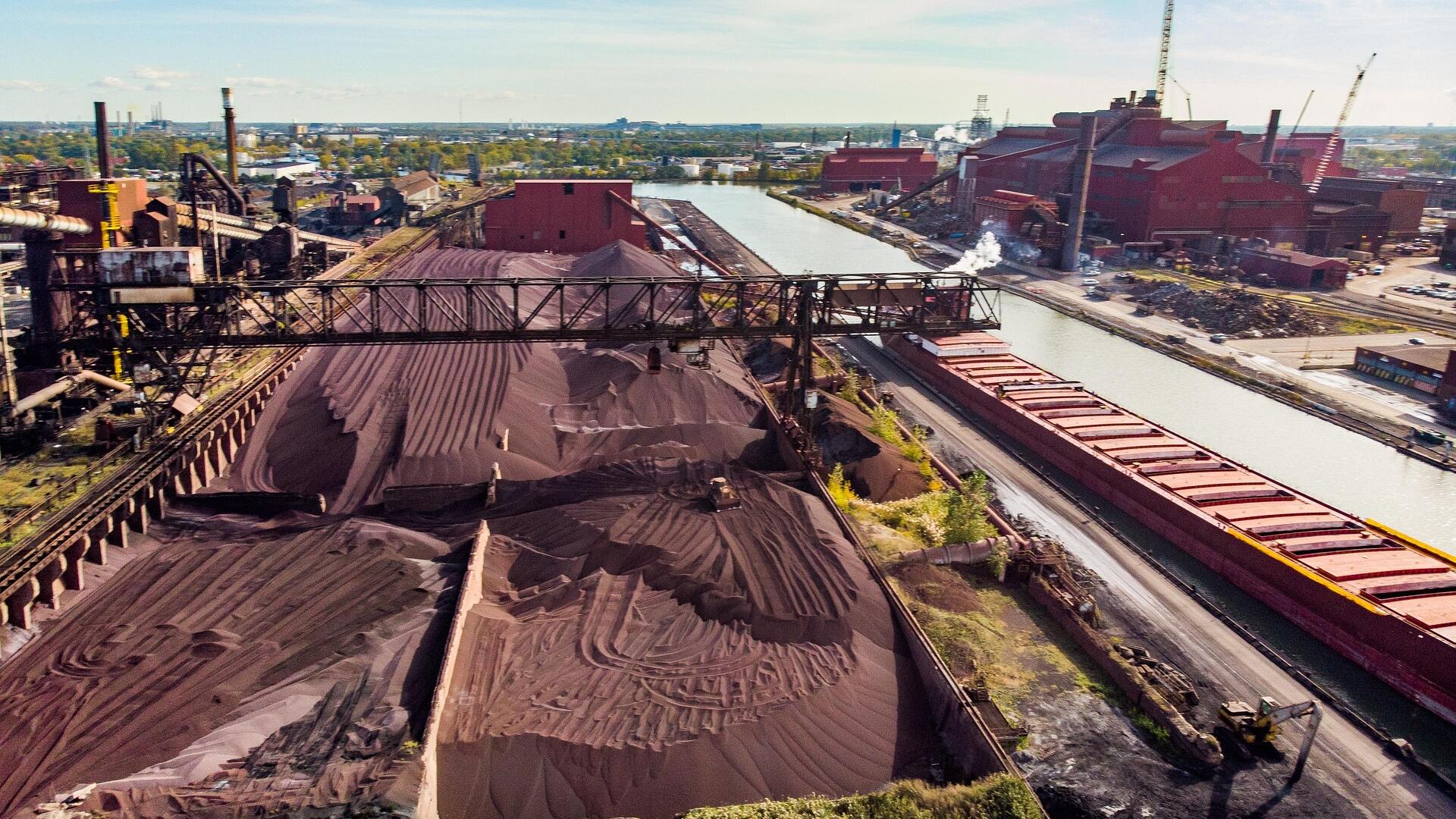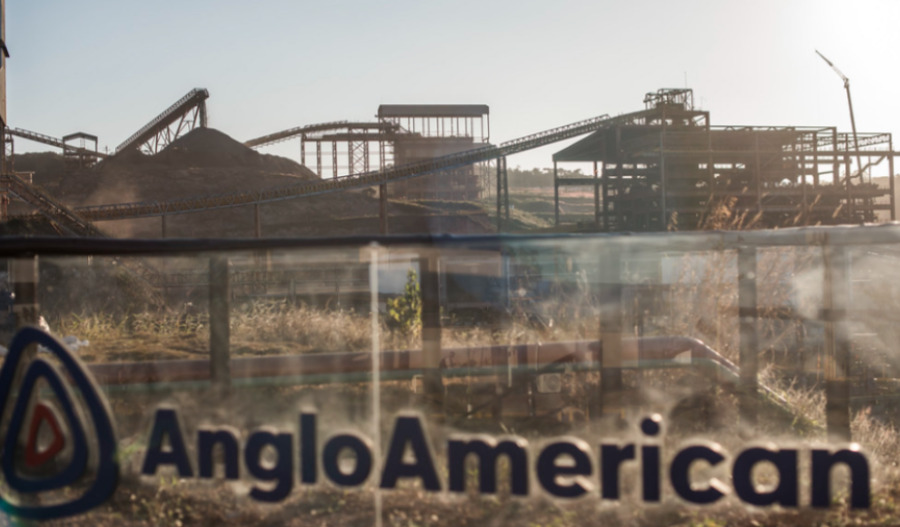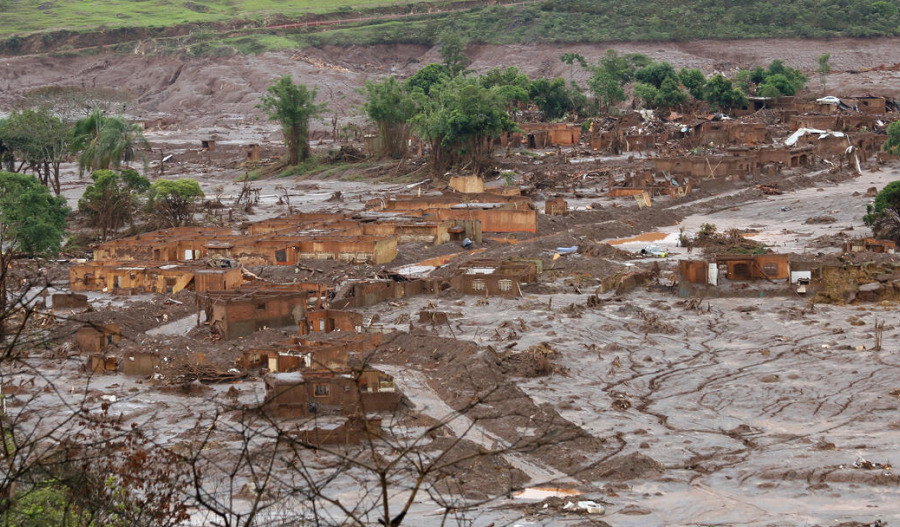China’s state-run iron ore buyer has quietly told steel mills and traders to stop snapping up a specific type of BHP (ASX: BHP) ore, widening an existing ban and escalating fears about the future of Australia’s biggest export.
China Mineral Resources Group (CMRG) — the agency created in 2022 to centralise iron ore buying and squeeze out better pricing — told mills and traders late last week to avoid purchasing new shipments of Jinbao fines, a lower-grade ore produced by BHP, the world’s third-largest iron ore miner, according to two people familiar with the move.
One source said CMRG warned mills they had a matter of days to avoid taking delivery of Jinbao fines at port, a deadline that could spark a scramble to reshuffle cargoes.
It’s unclear how many buyers received the message, but this isn't the first time that China, the world’s largest consumer of the key steel-making ingredient, has played hardball with BHP over contract negotiations.
Back in September, CMRG instructed mills and traders to stop buying BHP’s Jimblebar Blend Fines, as the two sides remain locked in long-running negotiations over their 2026 supply contract.
When asked about the new restriction, BHP told the media it doesn’t comment on commercial discussions; however, it confirmed negotiations with CMRG are ongoing.
Meanwhile, the price for 62% iron ore on the Singapore Exchange was relatively flat at US$104 per tonne.
Underpinning the dispute is Beijing’s determination to price more iron ore contracts in Chinese currency rather than U.S. dollars, and over the level of discounts for varying qualities of ore.
Last month, China’s state-backed iron ore trader described the way the industry sets prices as “irrational”, calling the current market mechanism “unfair and unreasonable”.
According to two sources and an industry analyst, CMRG likely picked Jinbao fines because the volume is tiny — meaning the ban sends a signal without causing major market chaos.
All three noted the trade is so small it’s rarely even tracked.
Meanwhile, tighter supplies of more in-demand, mid-grade ores like Pilbara Blend Fines — partly a ripple effect of the earlier ban — have kept prices supported despite softer demand.
Iron ore prices climbed to a two-week high on Wednesday, even though China’s crude steel production fell to its lowest level since December 2023 after bad weather forced some northern mills to scale back.
Iron ore is by far Australia’s most important commodity, accounting for more than $100 billion of exports annually, the bulk of which is shipped to China’s steelmakers to construct buildings, bridges and roads.
It’s understood that the outcome of the pricing talks will also have an impact on tax revenues.
According to Australian Taxation Office data, BHP was the country’s second-biggest taxpayer in the 2023-24 financial year, contributing $6 billion to government coffers.
The Treasury has estimated that a decline of US$10 per tonne in the iron ore price would cut about $3.5 billion in tax revenue.

Join our community of decision-makers. No card required
Join now

